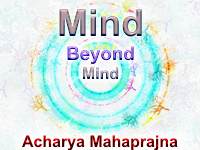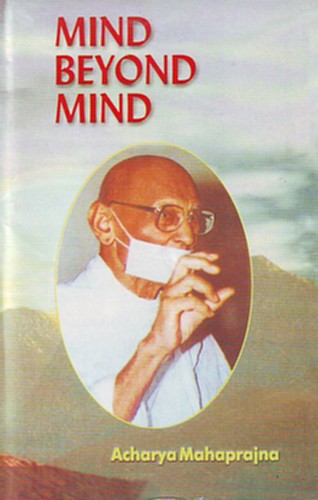
Why do we forget things? We forget things because we are careless. Carelessness is called Pramada. Knowledge, reason, and the sense of purpose become dormant or disappear in a state of Pramada.
Freedom from Pramada is a necessary condition of human life. Some times we are carefully careless and deliberately try to forget things. Man, as he is, is sometimes forced to be careless. Alcoholic drinks, hemp etc. are not tasteful things, nor is their odour pleasing, but some people have to drink them because it is necessary for them to forget the worries of the world and to feel that they have been let alone.
There are some who would like to lead a social life either in the family or among friends or among people of their own profession. The society they seek may be based on culture, religion, common political sympathies etc. Then there are bigger societies like the village or the town and above all the nation. This tendency towards social life is determined by various considerations. Moreover, we like to live in the company of ideas also. Man is not a solitary individual, but a complex of relations. His associations with men and things cause anxiety and misery. As a matter of fact, all kinds of associations are a misery. There will be no misery, if we did not associate ourselves with men and things other than ourselves.
Miseries produce all kinds of anxieties which, when prolonged, make us frantic. The restlessness, which they produce, is a call to us to retire into the world of loneliness so that we may get rid of the worries and anxieties born of our associations with men and things other than ourselves. The use of intoxicants is an attempt to forget worries and anxieties and to experience loneliness for the time being. Intoxicants are a means of entering into a state of temporary loneliness. Intoxicants, by themselves, do not give any pleasure. They serve as a means to experience loneliness.
It is impossible for man to extract himself from the network of relationships he has entered into. He has not the grain to do so. He does not know the procedure and value of meditation, because he has never practised it. The only substitute for meditation available to him is intoxicants. They enable him to forget the world and enter into a state of solitariness. In this respect meditation and intoxicants have a common purpose and function. Both produce a feeling of solitariness. No body can be happy without this feeling. Recreations like the film shows, circuses, dramatic performances, going out for a walk; picnics etc. attract us for the same reason. They enable us to forget the worries of life.
Associations and the worries they produce have become a great problem for mankind. All the relations we have entered into with things and men outside us have created a chasm in our souls. We have grown to be self-forgetful. The world of relations and a life of the self cannot go together. We have, therefore, to prefer one of them. It should, however, be remembered that self-forgetfulness or Atma-Vismrti is a state of sleep or negligence. Let me illustrate this point by an anecdote from the life of Socrates. Socrates was going somewhere. On the way he met a man who was drunk. Socrates warned him to be careful, lest he should fall into a pit. The drunken man retorted: 'Don't worry about me. The entire world knows that I am a drunkard. It won't matter whether people found me on the road or in a pit. Take care of yourself, my dear philosopher. If by sheer negligence you fell into a pit, you will become an object of mockery. Doctor, heal thyself.' The drunkard's remark was very meaningful. If a practitioner of Sadhana lost his senses and fell into a pit by sheer negligence, it would certainly matter much. Once a Sadhaka slipped, he would never recover. He cannot afford to be negligent and self-forgetful.
The secret of Sadhana lies in self-awareness and complete self-watchfulness. This is Apramada. Sadhana consists in the feeling of solitariness. Once this attitude has been developed, all the worries of life will disappear. He will enter into the world of his own self. One who does not feel so will always remain entangled in all kinds of problems.
Apramada or freedom from negligence is a powerful instrument of self-knowledge. The attempt to know the self has a great practical value also. One cannot feel joy in this world unless he feels himself alone. Many a parent in his old age feels that his children are neglecting him. He is annoyed and becomes unduly critical of his children. Why is it so? It is because he is not accustomed to remain alone. If he were, he will not feel offended.
 Acharya Mahaprajna
Acharya Mahaprajna

